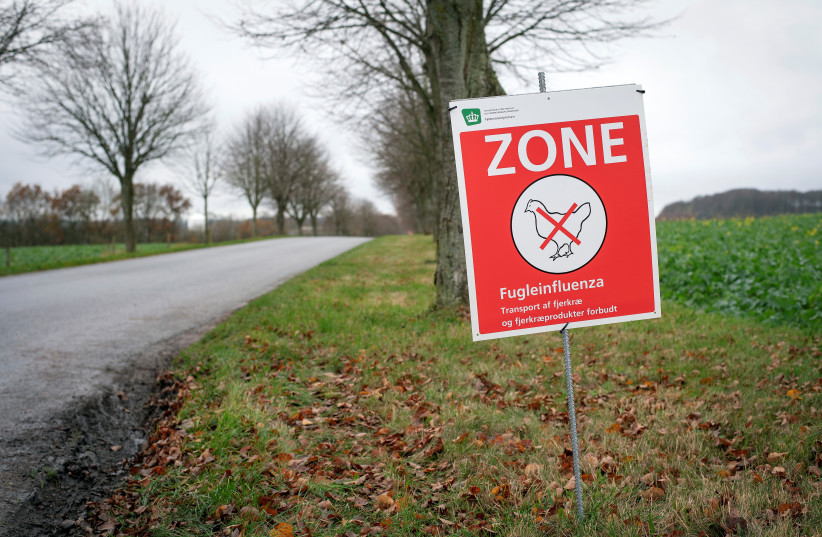New outbreaks of Eurasian H5 Highly Pathogenic Avian Influenza (HPAI) continue to be reported throughout the eastern and central US, sparking a rise in egg prices.
Domestic and wild birds infected
In the past week, new outbreaks were reported in domestic flocks in New Hampshire, Missouri, Nebraska, Maine, Wisconsin and South Dakota.
Other states which have reported outbreaks in domestic flocks include, Illinois, Kansas, Iowa, Maryland, Delaware, Indiana, Connecticut, New York, Michigan, Kentucky and Virginia.
Hundreds of cases in wild birds have been reported in South and North Carolina, Virginia, Maryland, Georgia, Illinois, Indiana, Iowa, Kansas, Michigan, Missouri, Nebraska, Ohio, Connecticut, New Hampshire, Delaware, Alabama, Kentucky, Maine, New Jersey, Florida, Massachusetts and Tennessee.
Millions of birds have been culled due to the outbreaks. Karyn Rispoli, an egg market reporter at commodity researcher Urner Barry told Bloomberg that egg prices are rising due to the cullings and that the rise in prices may be felt soon among consumers.

Timing "couldn't be worse"
Wholesale eggs rose 10 cents to $1.60 per dozen on Wednesday, according to the report, the biggest single-day gain since the novel coronavirus outbreak began. Prices are expected to continue to rise in the coming weeks.
“While there’s no such thing as a ‘good’ time for bird flu, the timing of this one couldn’t be worse, with Easter only five weeks away,” said Rispoli to Bloomberg.
The first confirmed case of Highly Pathogenic Avian Influenza (HPAI) in a US commercial flock since 2020 was detected in a turkey flock in Indiana earlier this month. The flock was infected with the H5N1 subtype, the same strain detected in mid-January in wild birds in North Carolina when the first cases of HPAI this season were detected in the US.
While the risk to the general public's health is considered low, some people who have job-related or recreational exposure to birds may have a higher risk of infection. The CDC stated that it "is watching this situation closely and taking routine preparedness and prevention measures in case this virus changes to pose a greater human health risk."
A large number of bird flu outbreaks have been reported throughout Europe, Africa and Asia in recent weeks and months, mostly due to the H5N1 subtype, which comes from the H5 lineage, according to the World Organization for Animal Health (OIE). The organization warned that a further increase in outbreaks is expected in the coming months.
